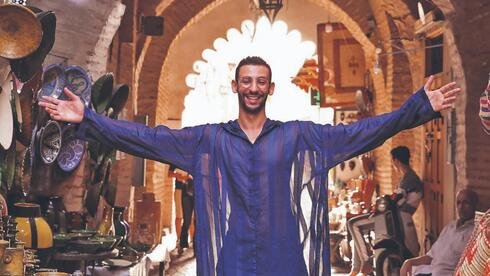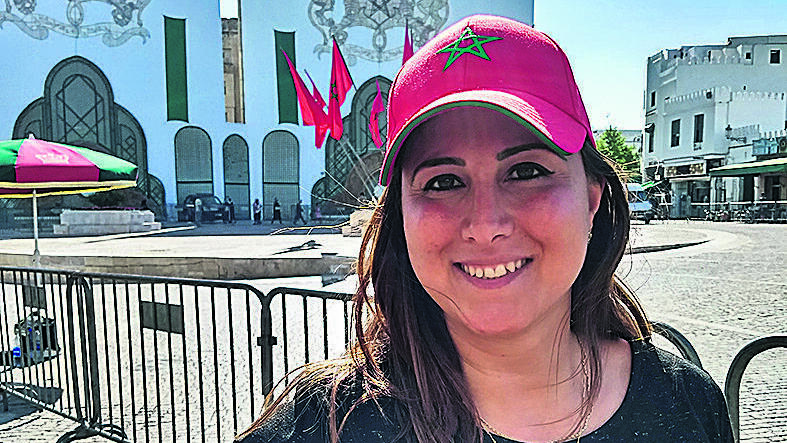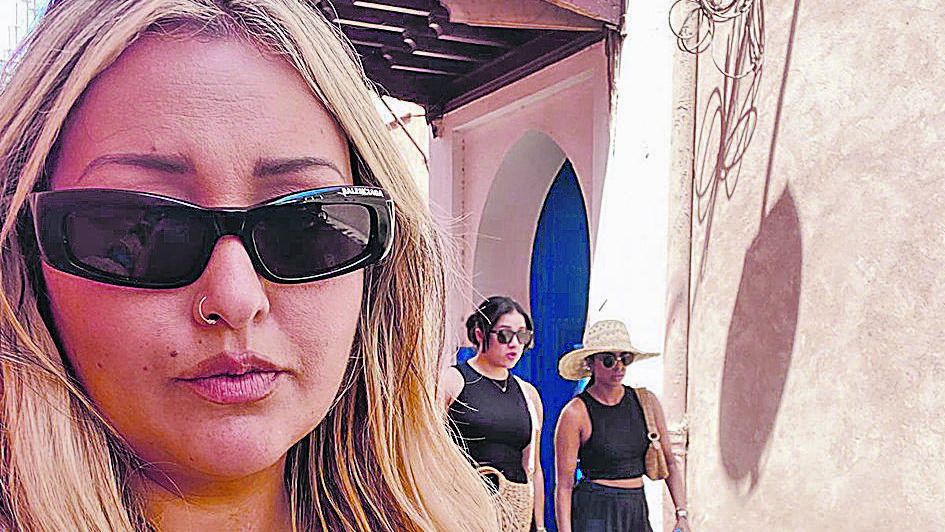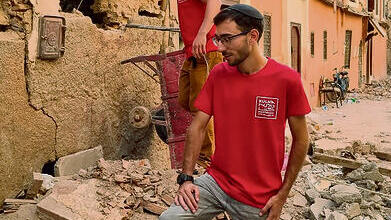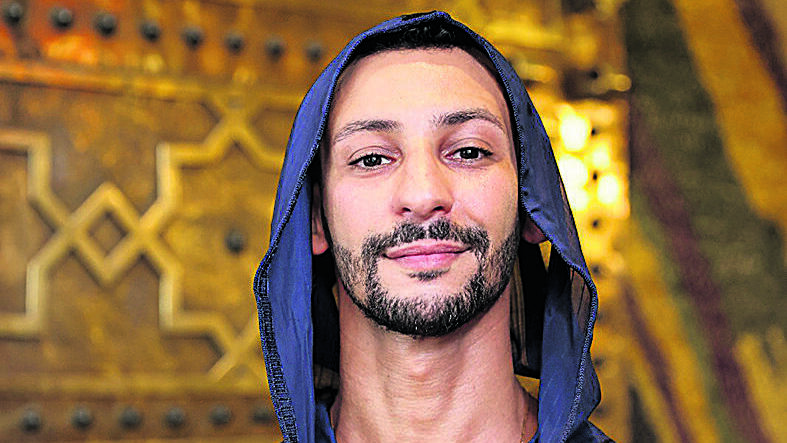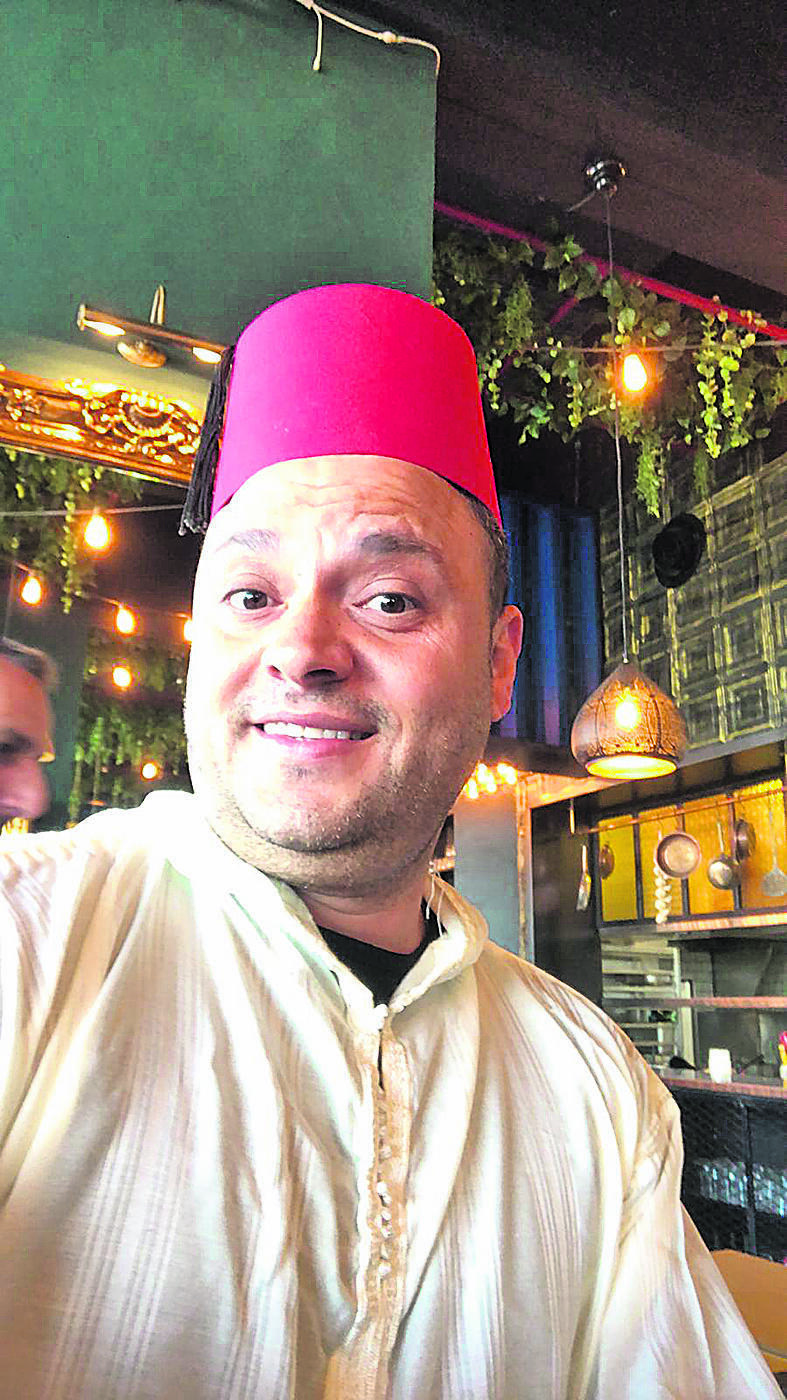The Moroccan taxi driver, seizing the moment after her call, claimed Israel doesn’t exist, showing videos of Casablanca football fans waving Palestinian flags and chanting “Free Palestine.” Hazan recalled, “I didn’t care. I thought, ‘You can’t ruin this moment. I’ve fulfilled a dream—I’m a Moroccan citizen.’”
Hazan belongs to a quiet, diverse, unorganized movement of dozens of Israelis in their 30s and 40s, second-generation Moroccan olim, who have shifted their lives to Morocco. This group includes businesspeople, actors, comedians and academics from varied socioeconomic and political backgrounds, either settling permanently or living between Israel and Morocco.
“I always knew I had to go to Morocco someday—it’s my culture, my language, my customs. How had I not been there?” Hazan said. After earning a master’s in conflict management and working with Israeli-Palestinian peace organizations, she took a roots trip to Morocco in 2016, falling in love with Fez.
“I’m working on a Moroccan passport for my son, which is complicated as a single mother—they don’t understand a child without a father,” she laughed. “But we’ll return, no doubt.”
Before the Accords, rabbinical courts issued Hebrew documents proving Moroccan descent for citizenship, but after a criminal network was exposed, stricter court approvals complicated the process. After the agreements, these criminals were extradited or detained in Morocco.
Elmaliach persisted in securing her Moroccan passport. “Being Moroccan never left me,” she said bitterly. “Israel’s development towns created an alternative lifestyle, preserving our identity without integration, allowing us to live our language and culture.”
Elmaliach’s journey to Morocco felt fated. Sent to cover Morocco’s pop scene for a magazine, she knew she’d return. “Morocco is here and now, relevant to my life—not Los Angeles, where I lived, Berlin or Paris,” she said. “It was a rebellion against erasing Morocco from Israeli-Moroccan identity.”
Due to personal circumstances, Elmaliach and her daughter temporarily returned to Israel, but she continues pursuing Moroccan citizenship. “I can’t settle anywhere but Morocco’s different—its scent, colors, language, melody, everything. It’s in my DNA.”
Before Israel's founding in 1948, Morocco’s Jewish community numbered 270,000, but it has since shrunk to a few thousand due to deaths among the elderly and youth emigration to France, Canada and Israel (225 immigrated since 2019).
Dr. Yona Alfasi, 36, an anthropologist who made aliyah from Fez a decade ago via the Masa program, aims to preserve Moroccan culture in Israel. “When I said I was from Morocco, people responded, ‘We’re all from Morocco, where in Israel?’ When I clarified, they welcomed me, eager to know if their hospitality matched Morocco’s,” he said.
His online Moroccan Arabic courses during the COVID pandemic attracted hundreds of students across ages, from elderly immigrants practicing the language to younger generations regretting not learning it. One student’s apology for past shame over her Moroccan roots deeply moved him: “I came to say sorry to my parents for refusing to speak Moroccan Arabic in public.”
Actor Yair Portal, 46, living between Yokneam and Marrakech, runs a kosher falafel restaurant in Marrakech popular with Jewish tourists. “In 20 years of visiting Morocco as an actor and VIP tour guide, there’s a shared feeling—time stands still, blending old and new,” he said.
Moroccan migrants to Israel are diverse—religious, secular, traditional, single, single parents or large families—scattered across Morocco without a unified community but connected by word-of-mouth, per Jewish tradition.
“I feel safe, speaking Moroccan Arabic and handling tensions,” he said. Anti-Israel sentiment surged after reports of an IDF hospital strike early in the Gaza war, fueled by Morocco’s then-ruling Muslim Brotherhood party. Countering this, the monarchy and local clergy advocate Jewish-Muslim coexistence.
Kobi Yifrach, 43, co-founder of Kulna organization working to preserve Jewish culture, shared how imams and Christian clergy joined Jews for a prayer in a restored Tangier synagogue amid rising tensions. Living between Marrakech and Dimona, he hopes to return permanently with his family after the war in Israel concludes.

